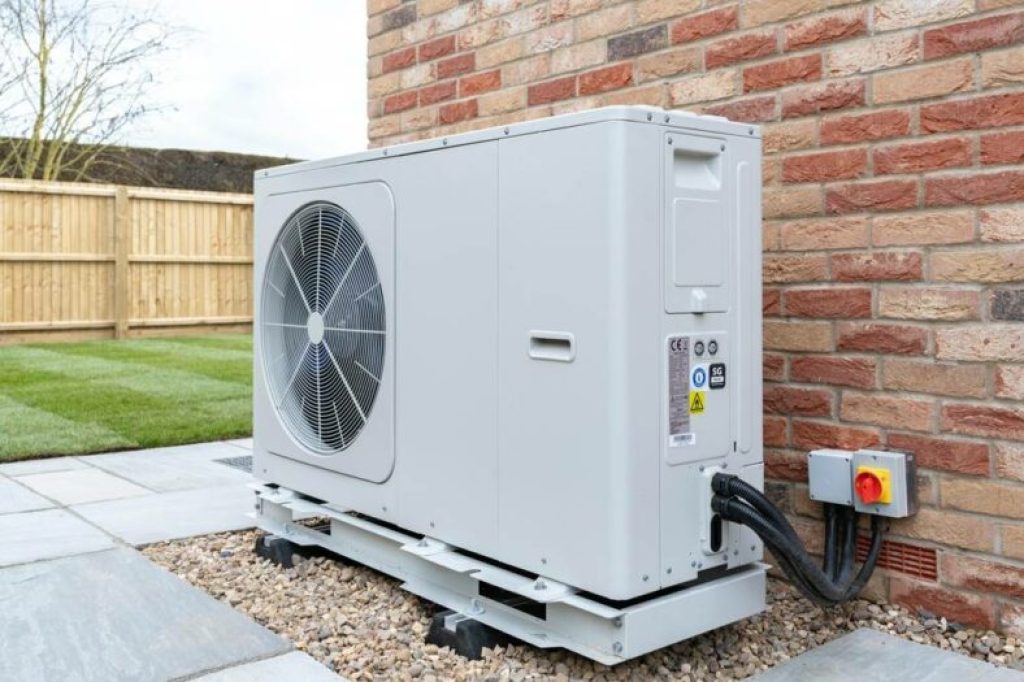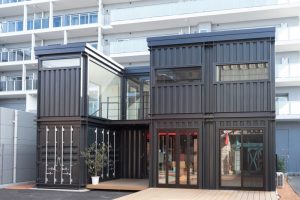Heat Pumps
When the cold and stormy winter months hit, it’s absolutely essential to have efficient heating for your home for several reasons. Primarily, it makes your living / work space more comfortable, and helps reduce your risk of getting sick.
Related Topics (Sponsored Ads):
Interior Ad Block Content
Interior Ad Block Content
Interior Ad Block Content
Interior Ad Block Content
Heat pumps are an increasingly popular choice for heating and cooling systems in both residential and commercial settings due to their energy efficiency, cost savings, and environmental benefits. Understanding how heat pumps work, their advantages, and their suitability for different environments and climates is crucial for making an informed decision when considering this technology.
It’s time to turn up the heat and experience the simple pleasure of a warm and toasty environment. Keep reading to receive information regarding heat pumps, as well as an analysis of the best models available in the market today.

How Heat Pumps Work
Heat pumps operate on the principle of transferring heat from one place to another, rather than generating heat directly. This process makes them highly energy efficient, especially in moderate climates. During the colder months, heat pumps extract heat from the outside air and transfer it inside to warm the building. In warmer months, the cycle is reversed, and heat pumps act as air conditioners by removing heat from inside the building and transferring it outdoors.
The basic components of a heat pump include an outdoor unit, which absorbs heat from the air, and an indoor unit, which disperses the heat throughout the building. Refrigerant circulates between the indoor and outdoor units, absorbing and releasing heat as it moves through the system. Heat pumps can be an air source, absorbing heat from the air, or ground source, extracting heat from the ground through a series of pipes.
Advantages
One of the key advantages of heat pumps is their energy efficiency. By transferring heat rather than generating it, heat pumps can provide significant energy savings compared to traditional heating and cooling systems. This efficiency can lead to lower energy bills and reduced environmental impact.
In addition to energy efficiency, heat pumps also offer cost savings over time. While the initial investment may be higher than some traditional systems, the long-term savings on energy bills often outweigh the upfront costs. With proper maintenance, heat pumps can also have a longer lifespan than other systems, providing further cost benefits.
From an environmental perspective, heat pumps are considered a greener alternative to traditional heating and cooling systems, as they produce fewer greenhouse gas emissions. This makes them a more sustainable choice for environmentally conscious consumers.
Suitability for Different Environments and Climates
Heat pumps are generally suitable for a wide range of environments and climates. In moderate climates, where temperatures don’t typically reach extremes, they can operate efficiently year-round, providing both heating and cooling. However, in colder climates, supplemental heating may be required during the coldest periods, as the efficiency of air-source heat pumps decreases as temperatures drop. Ground-source heat pumps, on the other hand, are more efficient in colder climates, as the ground temperature remains relatively stable throughout the year.
In residential settings, heat pumps offer an efficient and effective heating and cooling solution. They can be installed in various types of homes, including single-family houses, apartments, and condominiums, providing comfort and cost savings to homeowners. They are also widely used due to their energy efficiency and consistent performance within office buildings, retail spaces, and other commercial properties, offering a comfortable indoor environment for occupants while keeping operational costs in check.
Best Models
1. Carrier Infinity 20 Heat Pump: This model is known for its exceptional energy efficiency, with a SEER (Seasonal Energy Efficiency Ratio) rating of up to 20.5 and an HSPF (Heating Seasonal Performance Factor) of up to 13. The Infinity 20 features variable-speed technology for precise temperature control and quiet operation. Customer reviews praise its reliability and consistent performance.
2. Lennox XP25 Heat Pump: The XP25 is lauded for its impressive efficiency, with a SEER rating of up to 23.5 and an HSPF of up to 10.2. It incorporates advanced technologies for enhanced comfort and humidity control. Customers appreciate its energy savings and the even distribution of heating and cooling.
3. Trane XV20i Variable Speed Heat Pump: This model offers a SEER rating of up to 21 and an HSPF of up to 10, providing efficient heating and cooling. Its variable-speed compressor and ComfortLinkTM II communication technology ensure precise temperature control and consistent performance. Customers highlight its quiet operation and energy savings.
4. Rheem Prestige Series EcoNet Enabled Ultra Efficiency: With a SEER rating of up to 20 and an HSPF of up to 13, this heat pump delivers efficient heating and cooling. It features EcoNet technology for remote monitoring and control, enhancing convenience for users. Customers appreciate its reliability and the advanced features for optimizing energy usage.
5. Bosch Inverter Heat Pump: Known for its quiet operation and energy efficiency, this heat pump offers a SEER rating of up to 23 and an HSPF of up to 10. It utilizes inverter technology for precise temperature control and reduced energy consumption. Customers commend its performance and the savings on energy bills.
6. Bryant Evolution Extreme Heat Pump: The Bryant Evolution Extreme is known for its exceptional energy efficiency and quiet operation. Its variable-speed compressor ensures precise temperature control and enhanced dehumidification. Customers often highlight its reliability and ability to maintain consistent comfort levels.
Helpful Tip
To reduce your monthly heating bill even further, be sure to shut off the heat pump when you know you’re going to be away for an extended length of time.
Related Topics (Sponsored Ads):
Interior Ad Block Content
Interior Ad Block Content
Interior Ad Block Content
Interior Ad Block Content





